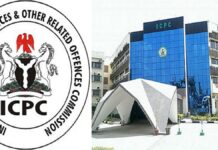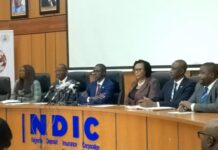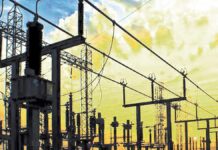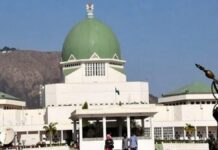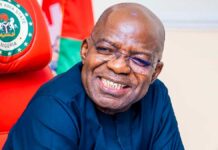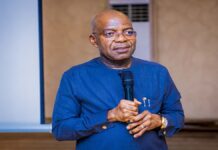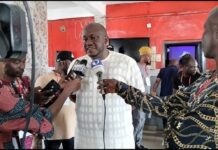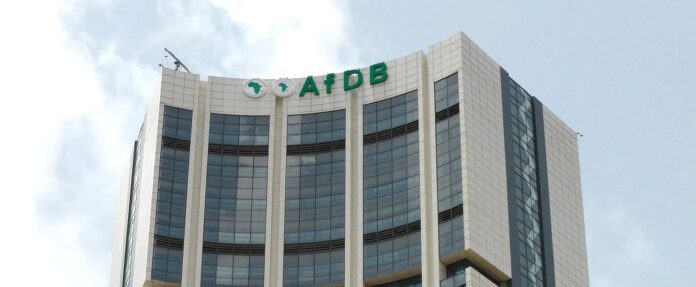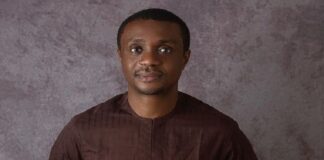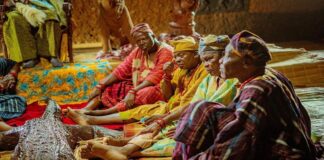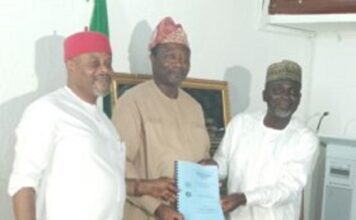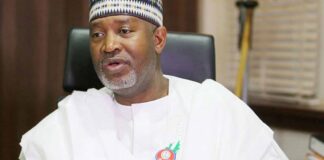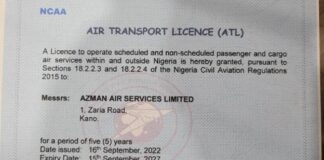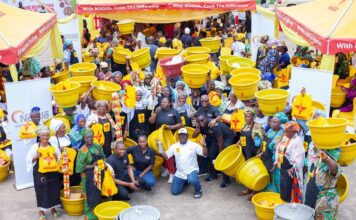AfDB Urges Govts to Own, and Sustain its Macroeconomic Models
The African Development Bank (AfDB), on Sunday, urged Africa governments to own and ensure the sustainability of their macroeconomic policy models.
The Division Manager of the Macroeconomic Policy, Sustainability, and Forecasting Division of the research department of AfDB, Anthony Simpasa, gave this advice in an interview in Abuja.
Simpasa said this while speaking on AfDB’s recently inaugurated 2023 Benchmark Macroeconomic Models for Effective Policy Management in Africa.
He said the essence of the report was to take stock of the modelling experiences across different countries, what the models do, and how effective they were in forming policy decisions and implementations.
”It helps countries channel their resources to areas with more need, especially in poverty reduction, investment decisions, and public investment.
”It is also crucial in allowing us to highlight the significance of macroeconomic modelling in Africa, and that is what this report is all about,” he said.
Simpasa said that one key takeaway was many countries now realised the importance of modelling for their economies, informing policy decisions, and allocating resources from the budget.
”Generally, we have noticed that some countries have also built in-country capacity to develop these models, use them, and customise them to the needs of their specific economy.
”However, there are significant capacity gaps in technical competencies and a need for ownership in many cases.
”This is because of the attrition of staff, either the minister of finance, minister of planning, the CBN, you will find that there needs to be sustainability in the idea of this model.
”These models must consider the distribution in terms of population size and how this will inform medium and long-term forecasting of our economies based on the availability of human capital,” he said.
Simpasa said the bank’s duty was to continually support countries in identifying their gaps and providing the necessary support.
He said ” Ultimately, the countries themselves will have to own these models, and this is where the political will comes in.
”And we are encouraging our client countries that our support is financial, but they must continue to build internal capacity themselves.
”And for those exiting, they need to pass on the expertise, the training they have gathered to those that are coming in. This is the only way we are going to sustain the use of these models.”



